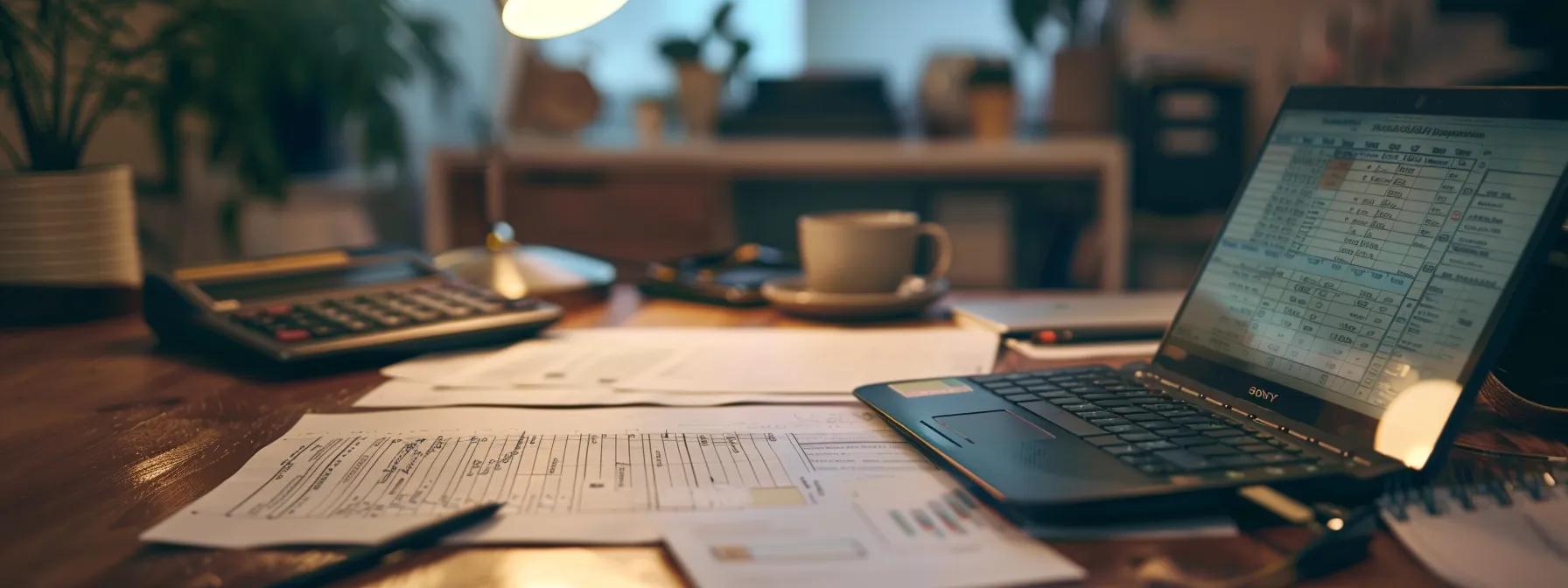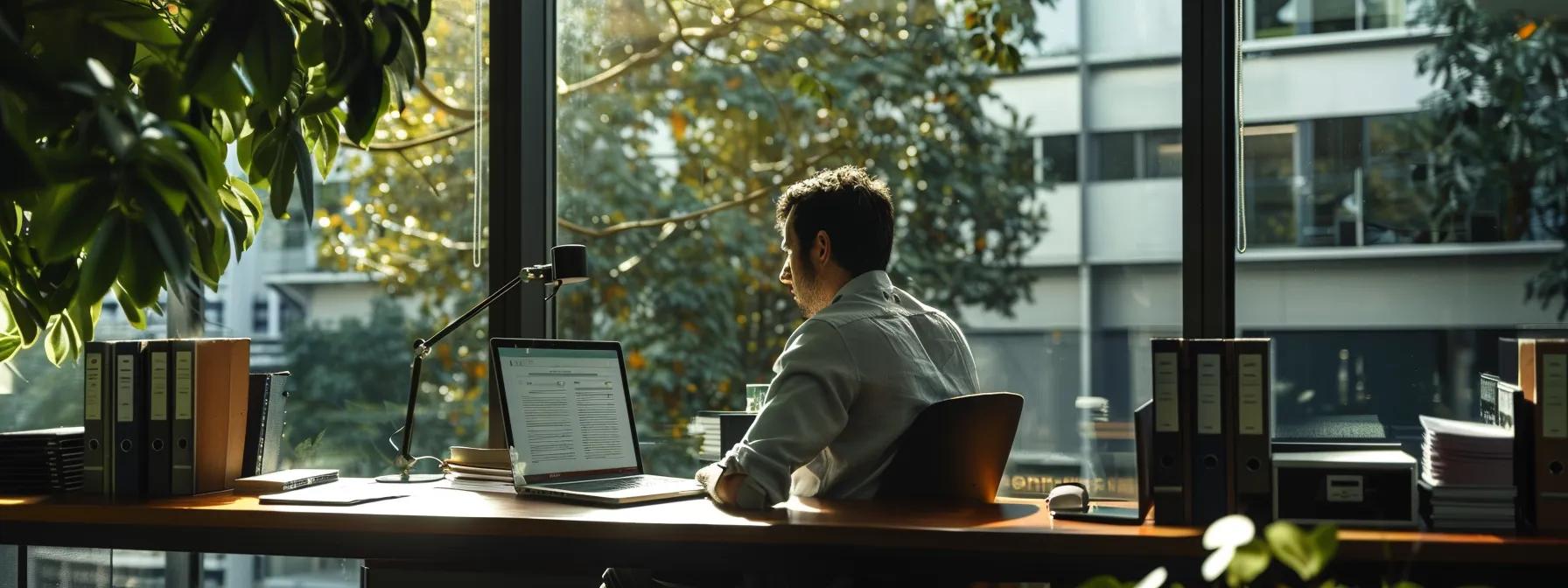
This guide outlines the additional costs property buyers in Victoria may face beyond the advertised price. It covers stamp duty, legal fees, inspection costs, mortgage fees, ongoing expenses, buyers agent fees, and hidden charges—helping buyers plan budgets and avoid surprises.
What Is Stamp Duty in Victoria and How Is It Calculated?
Stamp duty is a state tax on property transfers in Victoria, calculated on the purchase price with rates increasing as property values rise. Buyers must include this cost when budgeting.
How Does Stamp Duty Affect Property Buyers in Victoria?
Stamp duty increases the upfront purchase cost. As properties move between pricing brackets, a higher duty may be applied. Understanding this helps buyers budget appropriately and explore concessions or negotiation options.
What Are the Current Stamp Duty Rates and Thresholds?
Rates vary with the property’s sale price and change at different thresholds. For example:
| Property Value Range | Stamp Duty Rate (%) | Example Calculation |
|---|---|---|
| Up to $600,000 | 1.4% – 2.5% | ~$12,000 on a $500K property |
| $600,001 – $1,000,000 | 3.5% | ~$28,000 on an $800K property |
| Above $1,000,000 | 5.5% | ~$66,000 on a $1,200K property |
These figures are general; use a stamp duty calculator or ask a professional for precise numbers.
Are There Any Stamp Duty Exemptions or Concessions for Buyers?
Certain buyers, such as first-home purchasers, may qualify for exemptions or concessions if they meet specified income or property value criteria. Verify eligibility with a buyers agent or conveyancer.
When and How Do You Pay Stamp Duty in Victoria?
Stamp duty is paid within a set period after transferring the property title, typically at settlement, either online or through a legal representative, to avoid penalties or delays.
What Legal Fees Should You Expect When Buying Property in Victoria?

Legal fees cover the work of conveyancers or solicitors who handle title searches, contract reviews, and compliance. Costs vary with the property type and transaction complexity.
What Do Conveyancers and Solicitors Charge for Property Purchases?
Conveyancers usually charge a fixed fee or a percentage, while solicitors may charge more for complex issues. Fees generally range from about $800 to $2,000 or more—shop around for detailed quotes.
How Do Legal Fees Vary by Property Type and Purchase Complexity?
Residential transactions tend to have lower fees than commercial or off-the-plan purchases. Special conditions (e.g., easements, disputed titles) may increase legal costs, so buyers should plan accordingly.
What Are the Key Legal Processes Covered by These Fees?
Key processes include: 1. Title Verification: Ensuring a clear title. 2. Contract Review: Checking legal fairness and compliance. 3. Settlement and Registration: Finalising the sale and recording the property.
How Much Do Building and Pest Inspections Cost in Victoria?
Building and pest inspections examine a property’s condition to uncover potential repair issues. Costs depend on property size, age, and complexity.
Why Are Building and Pest Inspections Important Before Buying?
They help reveal hidden problems that might lead to costly repairs later, providing leverage in negotiations and peace of mind.
What Is the Typical Price Range for These Inspections?
Inspection costs generally range from $400 to $800. Some inspectors offer bundled reports for building and pest issues, so compare reviews and quotes.
How Can Buyers Agents Assist With Inspection Arrangements?
Buyers agents can recommend reputable inspectors, schedule inspections, and help interpret the results to identify potential red flags.
What Are the Mortgage Fees and Charges When Buying Property in Victoria?

Mortgage fees include costs such as application, valuation, and establishment fees. These can affect the overall affordability of a property.
What Types of Mortgage Fees Should Buyers Budget For?
Expect fees for: 1. Application Processing: Handling your loan request. 2. Valuation: Assessing the property’s value. 3. Establishment: Setting up the mortgage account. There may be extra fees for legal documentation and ongoing account-keeping.
How Do Mortgage Fees Impact Overall Property Purchase Costs?
Mortgage fees increase the initial cash outlay; if financed, they may raise monthly repayments and overall interest. Compare fee structures for better deals and long-term savings.
Can Buyers Agents Help Negotiate or Advise on Mortgage Fees?
Yes, experienced buyers agents can compare lender fee structures, negotiate better terms, and align mortgage products with your financial situation.
What Are the Ongoing Property Costs After Purchase in Victoria?
After purchase, owners face recurring costs such as council and water rates, insurance, and maintenance expenses.
How Do Council Rates and Water Rates Affect Property Owners?
Local councils charge rates based on property valuation to fund services like road maintenance and waste collection. These charges can increase over time, so they must be factored into long-term budgeting.
What Insurance Costs Should Buyers Consider?
Both building and contents insurance are important to protect against disasters, theft, or accidents. Premiums vary with location, construction type, and claim history.
What Are Typical Maintenance and Repair Expenses?
Routine costs such as landscaping, cleaning, repairs, and system servicing are expected. Setting aside about 1%–2% of the property’s value annually is advisable to manage surprises.
What Fees Do Buyers Agents Charge in Victoria?

Buyers agents charge fees for services including property research, negotiation, and administrative assistance, often saving buyers more than the fee itself.
How Are Buyers Agent Fees Structured and Calculated?
Fees may be based on a percentage of the purchase price or a fixed fee, depending on transaction complexity. Request a detailed breakdown to understand what services are covered.
What Services Are Included in Buyers Agent Fees?
They typically provide market analysis, property identification, vendornegotiation, due diligence oversight, and inspection coordination—all aimed at securing a better deal.
How Can Hiring a Buyers Agent Save You Money on Other Costs?
By identifying undervalued properties, negotiating favorable prices, and highlighting potential issues, buyers agents can reduce overall costs, sometimes offsetting their fees entirely.
What Are the Hidden and Unexpected Costs When Buying Property in Victoria?
Unexpected costs may arise during purchase, such as additional legal fees, application extras, and repair work that were not initially evident.
What Additional Costs Might Surprise Property Buyers?
Potential surprises include title search fees, administrative charges, minor legal disputes, utility connection fees, or legacy obligations like unpaid rates.
How Can Buyers Prepare for These Unexpected Expenses?
Budget an emergency fund of 5%–10% of the purchase price, conduct thorough due diligence, and engage experienced professionals to uncover and manage hidden costs.
What Role Do Buyers Agents Play in Identifying Hidden Costs?
They use their market expertise and professional networks to identify potential issues early, advise on contingencies, and negotiate fixes with sellers to minimize extra expenses.
Detailed Tables and Lists
Before summarising, consider this snapshot of key cost categories:
| Cost Category | Key Expense/Charge | Average Cost Range | Benefit |
|---|---|---|---|
| Stamp Duty | Percentage of sale price | Variable by property value | Enables precise budgeting and negotiation |
| Legal Fees | Conveyancing/solicitor fees | $800 – $2,000+ | Secures a clear title and contract |
| Building & Pest Inspections | Comprehensive report fees | $400 – $800 | Prevents unexpected repair expenses |
| Mortgage Fees | Application, valuation, establishment | Varies; can add 1%-3% of loan | Reduces long-term interest and repayments |
| Ongoing Property Costs | Council, water, insurance, maintenance | ~1%-2% of property value annually | Sustains the property’s condition |
| Buyers Agent Fees | Percentage or fixed fee | Often 1%-3% of purchase price | Can lead to overall cost savings |
| Hidden Costs | Unplanned repairs, extra legal/admin fees | Varies | Avoids post-purchase financial surprises |
Additionally, consider these steps for a cost-efficient purchase:
- Conduct Thorough Due Diligence – Research all fees and potential hidden costs early.
- Engage Experienced Professionals – Hire trusted conveyancers, buyers agents, and inspectors.
- Create a Comprehensive Budget – Include all known and potential expenses.
Frequently Asked Questions
Q: What is the typical percentage range for stamp duty in Victoria? A: It generally ranges from about 1.4% for lower-value properties to 5.5% or more for high-end properties.
Q: Can buyers agents help reduce legal and administrative costs? A: Yes, they negotiate better terms with service providers and provide insights that lower overall costs.
Q: How do ongoing costs like council rates affect long-term ownership? A: These recurring expenses vary by location and may increase over time, making proper budgeting essential.
Q: Are building and pest inspections mandatory in Victoria? A: They are not legally required but are crucial for identifying costly repairs before purchase.
Q: How can buyers prepare for unexpected or hidden costs? A: Setting aside an emergency fund, engaging professionals, and ensuring full disclosure from sellers are key steps.
Final Thoughts
The property buying journey in Victoria extends beyond the purchase price. Stamp duty, legal fees, inspection expenses, mortgage fees, ongoing costs, and hidden expenses all play significant roles. By understanding these factors, leveraging professional advice, and budgeting carefully, buyers can make informed decisions and secure their investment with confidence. This guide aims to provide clear insights into every cost area, helping buyers manage both expected and unexpected expenses effectively.
